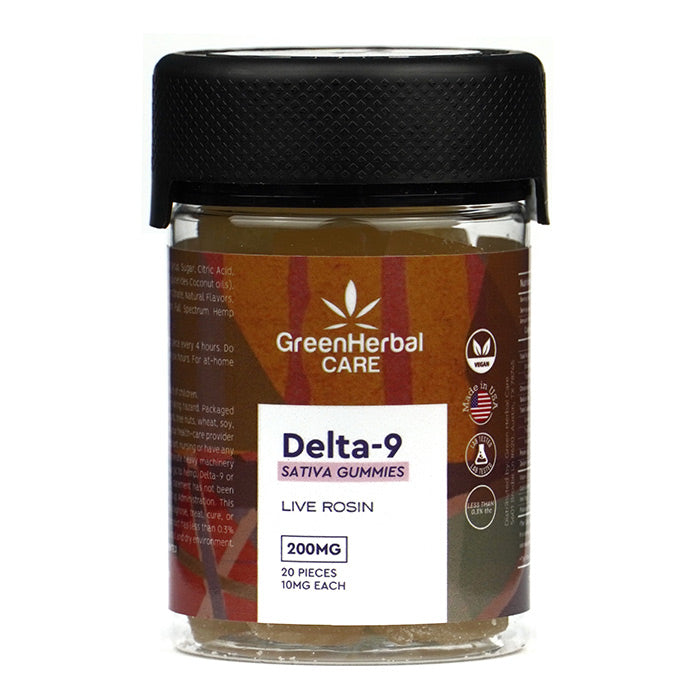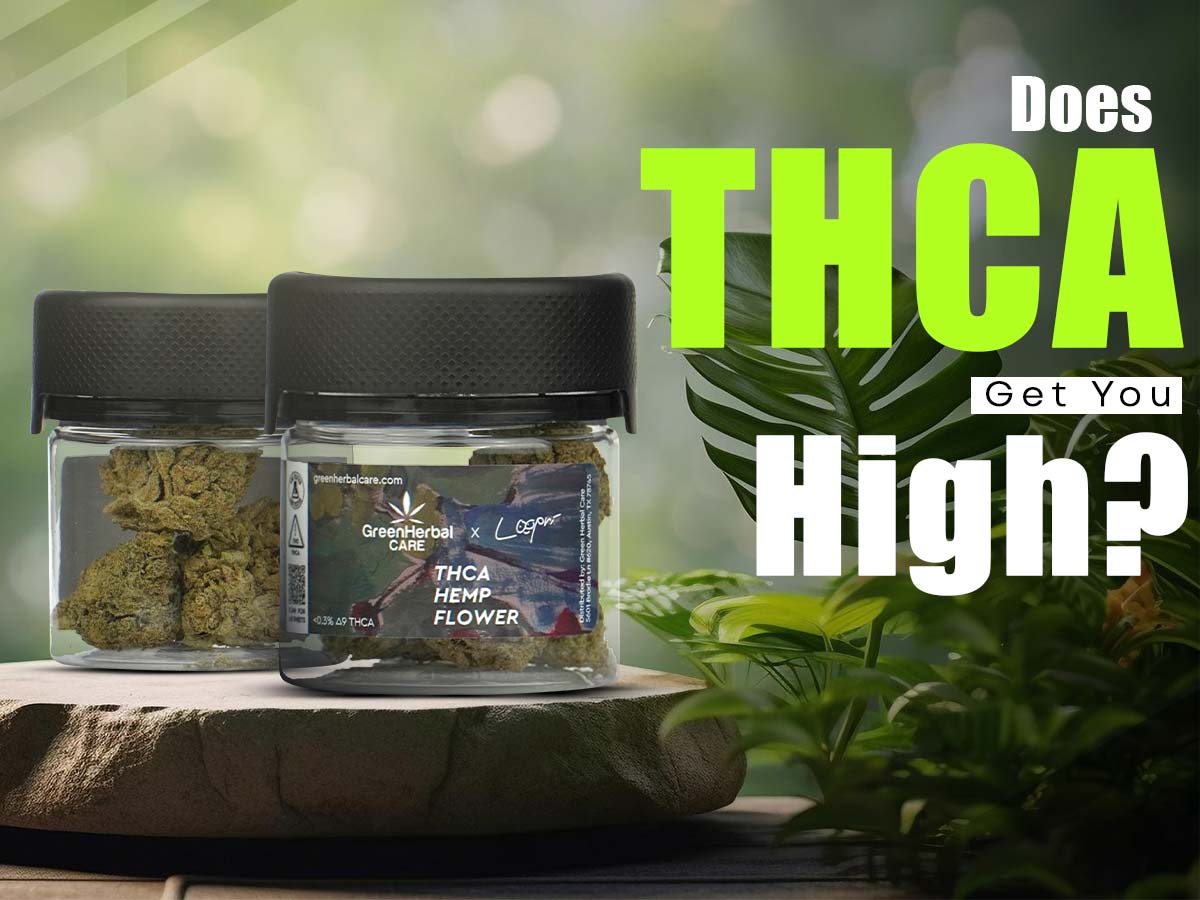If you’re exploring the world of cannabis, you’re probably familiar with THC, the cannabinoid known for its psychoactive effects. But have you heard of THCa? While THC is renowned for delivering the euphoric high, THCa (Tetrahydrocannabinolic Acid) is a lesser-known compound that’s often overshadowed. In this blog, we’ll dive deep into what THCa is, how it differs from THC, and what benefits it might offer.
What is THCA?
THCa stands for tetrahydrocannabinolic acid, a cannabinoid found in raw cannabis plants. It is the precursor to THC, the compound responsible for the psychoactive effects associated with cannabis. THCa itself does not produce a high in its raw form.
Chemical Structure
THCa and THC share a similar chemical structure, but THCa contains an additional carboxyl group (a combination of hydrogen, oxygen, and carbon). This extra group makes THCa non-psychoactive until it undergoes a process called decarboxylation.
Presence in Cannabis
THCa is present in fresh, undried, or uncured cannabis flowers. To experience the psychoactive effects of THC, THCa must first be converted through heating or another decarboxylation method.
What is THCA and What Are the Benefits of This Cannabinoid?How THCa Converts to THC
Decarboxylation Process
Decarboxylation is the process by which THCa is converted into THC. THCa does not get you high until it is converted into THC. This transformation occurs when heat is applied, such as through smoking, vaping, or cooking. The carboxyl group is removed, and THCa becomes THC, which is responsible for the psychoactive effects.

Methods of Decarboxylation
-
Smoking:
Smoking THCa directly converts it to THC almost immediately, providing potent effects.
-
Vaping:
Vaporizing THCa at temperatures around 157°C (315°F) efficiently converts it into THC, offering a smoother experience compared to smoking.
-
Dabbing:
Dabbing involves heating THCa concentrates like wax or crumble to convert them into THC. This method provides a concentrated dose.
-
Baking:
When cannabis is baked at 104-115°C (220-240°F) for 30 minutes, THCa is decarboxylated, infusing edibles with THC.
-
Sunlight:
Exposing cannabis to natural sunlight allows THCa to convert into THC over time, though this method is less controlled and slower.
Does THCa Get You High?
THCa itself does not produce a high. In its raw form, THCa is non-psychoactive because it lacks the ability to bind to cannabinoid receptors in the brain. However, once THCa undergoes decarboxylation and is converted into THC, it becomes psychoactive and can induce a high.
What Are the Benefits of THCA?
When decarboxylated, THCA offers various benefits. Decarboxylation converts THCA into THC. However, THCA isolates, too, possess several benefits. While we need extensive research to establish the compound’s therapeutic benefits, potential advantages include:
- Anticonvulsant properties, which may help reduce or prevent the risk of epileptic fits or other convulsions.
- Neuroprotective properties that may help safeguard the central nervous system (CNS) from chronic neurodegenerative disorders or injury from stroke or trauma.
- Anti-inflammatory properties to help control the reddening or swelling and reduce discomfort.
- Anti-nauseatic properties that help lessen the feeling of vomiting.
These are potential benefits, and the effects of consuming raw THCA may vary between individuals. The points of difference depend on various factors, such as compatibility, tolerance levels, dependence, and more.
Shop THCA Products
THCa vs. THC: Key Differences
Potency
THCa is a raw, inactive compound, whereas THC is the active, psychoactive form. THCa itself does not get you high, but once converted into THC through decarboxylation, it can produce psychoactive effects.
Molecular Structure
The additional carboxyl group in THCa gives it unique properties compared to THC. This extra group prevents THCa from producing a high in its raw state but is removed during decarboxylation, allowing THC to bind with cannabinoid receptors and induce psychoactive effects.
Consumer Experience
The effects of THCa are experienced differently from THC. While THCa in its raw form does not alter consciousness, its converted form (THC) provides the characteristic cannabis high.
What is THCA Vs. THCWhat is a High THCA Percentage?
Understanding THCa Content
A high THCa percentage indicates a greater potential for THC conversion. Cannabis strains with high THCa content are often preferred by users seeking potent psychoactive effects, as they offer more THC once decarboxylated.
Impact on Cannabis Experience
The THCa content of a cannabis strain affects the overall experience. Higher THCa percentages mean more THC is available after decarboxylation, leading to a more intense high.
Is THCA Flower Sprayed?Is THCa Legal?
Legality of THCa
THCa derived from hemp is federally legal in the United States, as long as it contains no more than 0.3% THC, in accordance with the Farm Bill 2018.
Drug Testing Considerations
THCa is non-psychoactive and may not be detected in routine drug tests. However, specialized tests can detect THCa, although these are not commonly used. It’s always advisable to consult a healthcare provider before undergoing drug testing if you use THCa.
Is THCA Legal in Texas?Final Words: Does THCA get you high?
THCa itself does not get you high. It helps hemp consumers enjoy their favorite strain however they like - with psychotropic effects or without them. How and how much you consume can provide the benefits you seek. But always take it in moderation. If you buy THCA, consult experts to understand how it can satiate your desires.
Frequently Asked Questions
Does THCA flower get you high?
No, THCa flower does not get you high. It must be converted to THC through decarboxylation to produce psychoactive effects.
Does smoking THCA get you stoned?
Smoking THCa itself does not produce a high. However, smoking converts THCa to THC, which can result in a potent high.
How does THCA make you feel?
In its raw form, THCa is non-intoxicating and does not produce noticeable effects. After decarboxylation, THC induces the characteristic cannabis high.
Does THCA get you as high as weed?
THCa itself does not get you high. However, once converted to THC, it can produce similar effects to those experienced with THC-rich cannabis.
Does THCA vape get you high?
Vaping THCa converts it to THC, which can result in a psychoactive experience when the THCa is fully decarboxylated.


